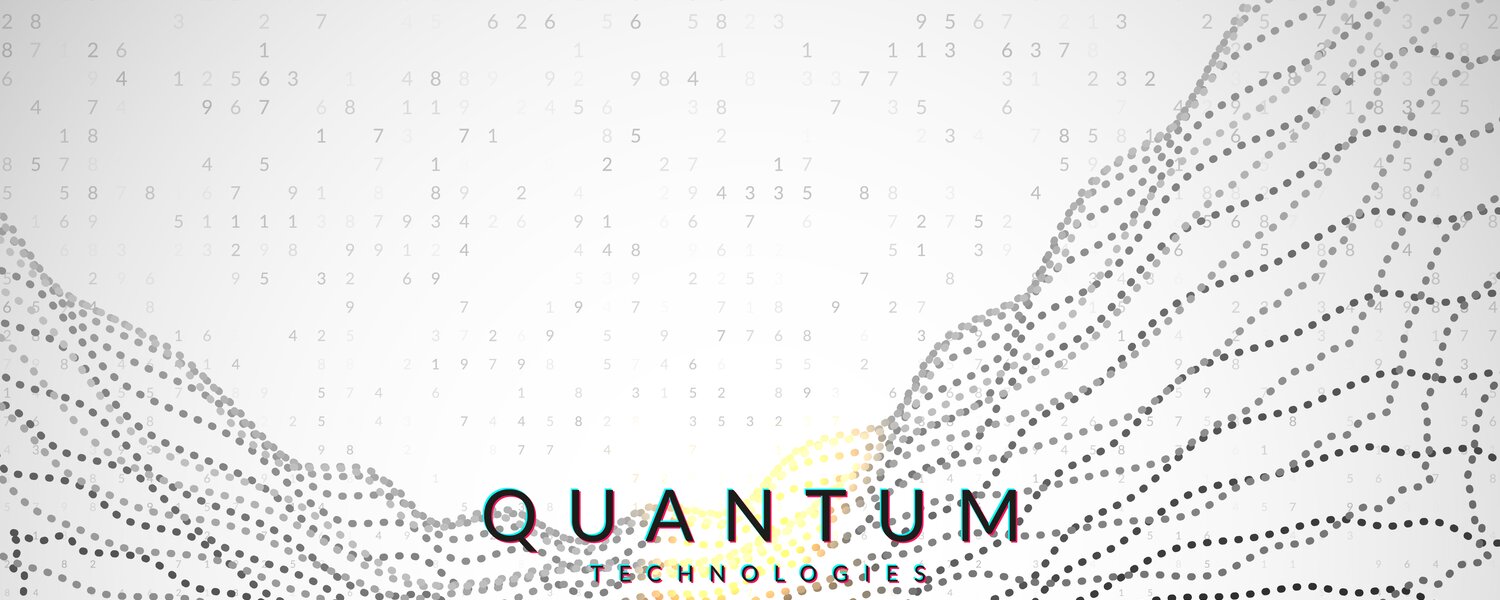Quantum computing in brief - what is it?

Reading time:
minutes
Computer have our life and our everyday life so much as before only the discovery of the steam engine or electricity. With Quantum Computers but there is currently a similar technical revolution in the wings.
The quantum theory and quantum mechanics underlying quantum computers were discovered and described over 100 years ago by famous scientists such as Max Planck, Niels Bohr and Werner Heisenberg. The most important key point is that the smallest elements and particles of our universe are subject to different laws than we can observe in everyday life. This is one of the main reasons why quantum mechanics and quantum computers seem so incredible and elusive to us: they contradict everything we are used to through our daily experience.
This is why quantum computers are so revolutionary
See the entire blog series "How Quantum Computers Will Revolutionize Digital Marketing" here.
- Quantum computing in a nutshell - what is it?
- These quantum computers already exist
- How quantum computers work
- Advantages and disadvantages of quantum computing
- Application areas of quantum computing
- The revolutionary technology of quantum computing
- Quantum Computing in Digital Marketing
- Cybersecurity in the Age of Quantum Computers
- Conclusion: The Future of Quantum Computing in Digital Marketing




